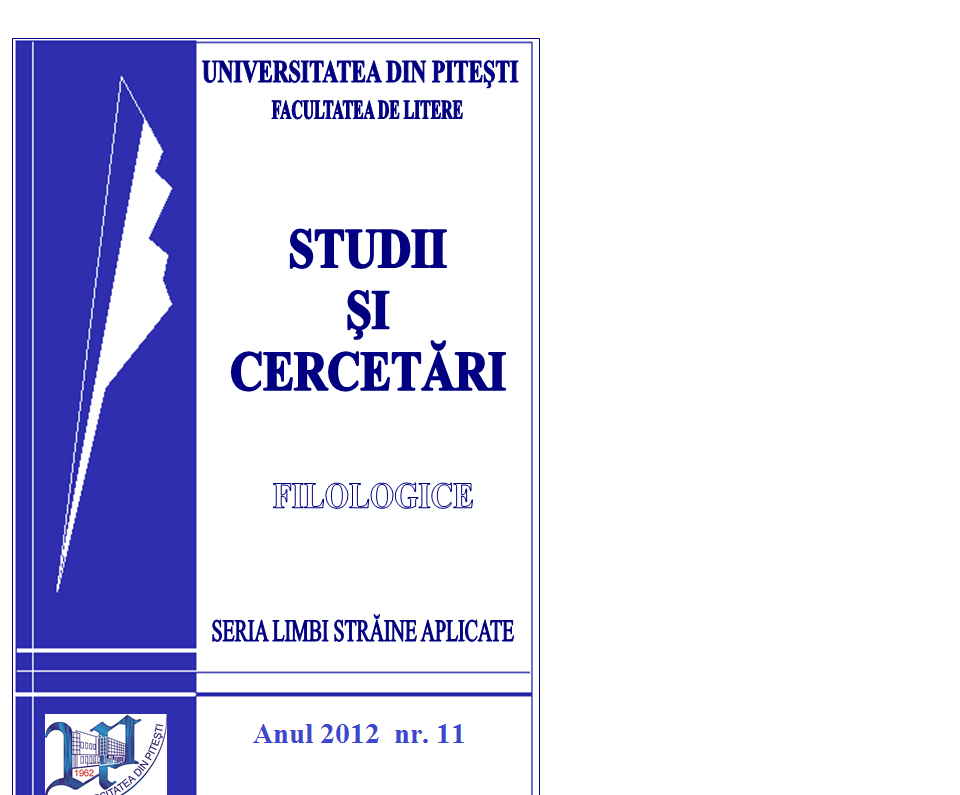SELF CORRECTION WORKS BETTER THAN TEACHER CORRECTION IN EFL SETTING
SELF CORRECTION WORKS BETTER THAN TEACHER CORRECTION IN EFL SETTING
Author(s): Azizollah DabaghiSubject(s): Language and Literature Studies
Published by: Editura Universităţii din Piteşti
Keywords: recast. writing composition. feedback. linguistic competence. interlanguage.;
Summary/Abstract: Learning a foreign language takes place step by step, during which mistakes are to be expected in all stages of learning. EFL learners are usually afraid of making mistakes which prevents them from being receptive and responsive. Overcoming fear of mistakes depends on the way mistakes are rectified. It is believed that autonomy and learner-centeredness suggest that in some settings learner's self-correction of mistakes might be more beneficial for language learning than teacher's correction. This assumption has been the subject of debates for some time. Some researchers believe that correction whether that of teacher's or on behalf of learners is effective in showing them how their current interlanguage differs from the target (Long &Robinson, 1998). Others suggest that correcting the students whether directly or through recasts are ambiguous and may be perceived by the learner as confirmation of meaning rather than feedback on form (Lyster, 1998a). This study is intended to investigate the effects of correction on Iranian intermediate EFL learners' writing composition in Payam Noor University. For this purpose, 90 English majoring students, studying at Isfahan Payam Noor University were invited to participate at the experiment. They all received a sample of TOFEL test and a total number of 60 participants whose scores were within the range of one standard deviation below and above the mean were divided into two equal groups; experimental and control. The experimental group went through some correction during the experiment while the control group remained intact and the ordinary processes of teaching went on. Each group received twelve sessions of two hour classes every week on advanced writing course in which some activities of Modern English (II) were selected. Then after the treatment both groups received an immediate test as post-test and the experimental group took the second post-test as the delayed recall test with the same design as the pre-test. In order to see whether there is a significant difference between the participants' attitudes toward correction before and after the treatment, an attitude questionnaire was administered to the experimental group and the subjects were asked to fill it. The result indicates that there is a significant difference between the groups and the participants in experimental group outperformed those in the control group.
Journal: Studii şi cercetări filologice. Seria Limbi Străine Aplicate
- Issue Year: 2012
- Issue No: 11
- Page Range: 100-108
- Page Count: 9
- Language: English

